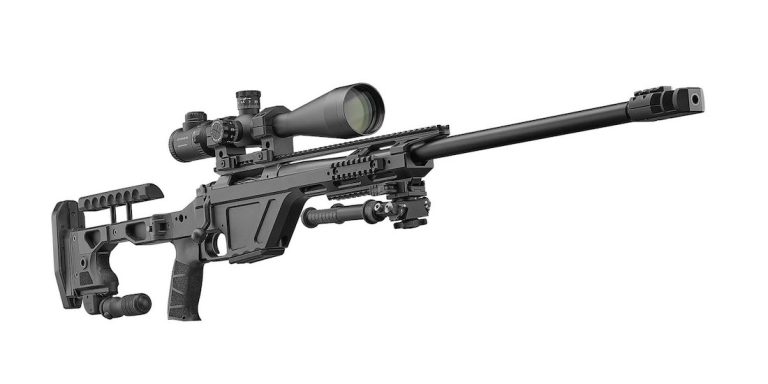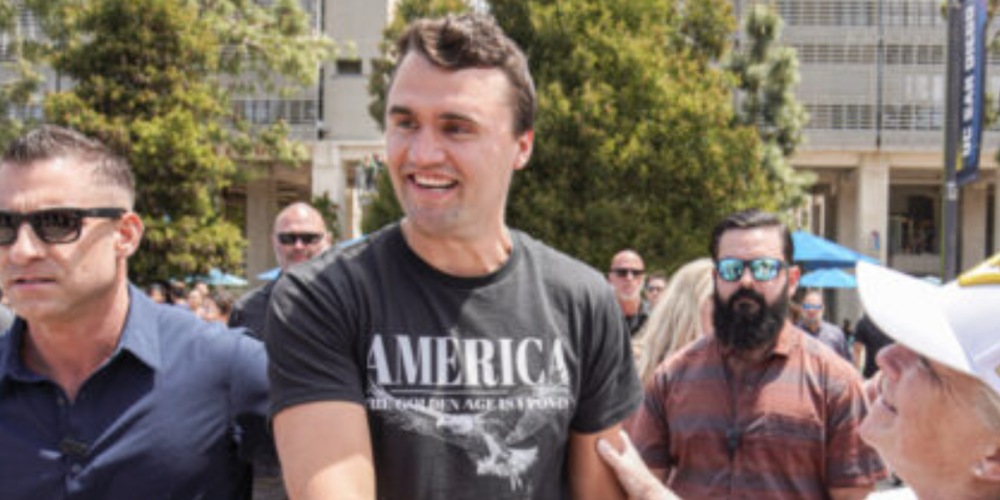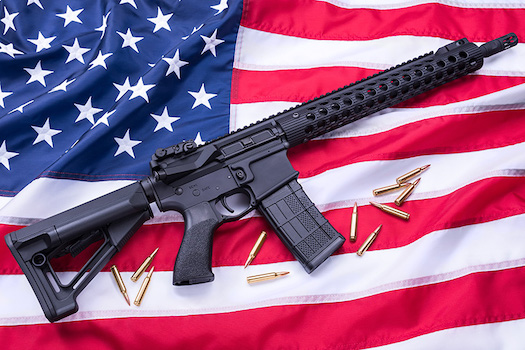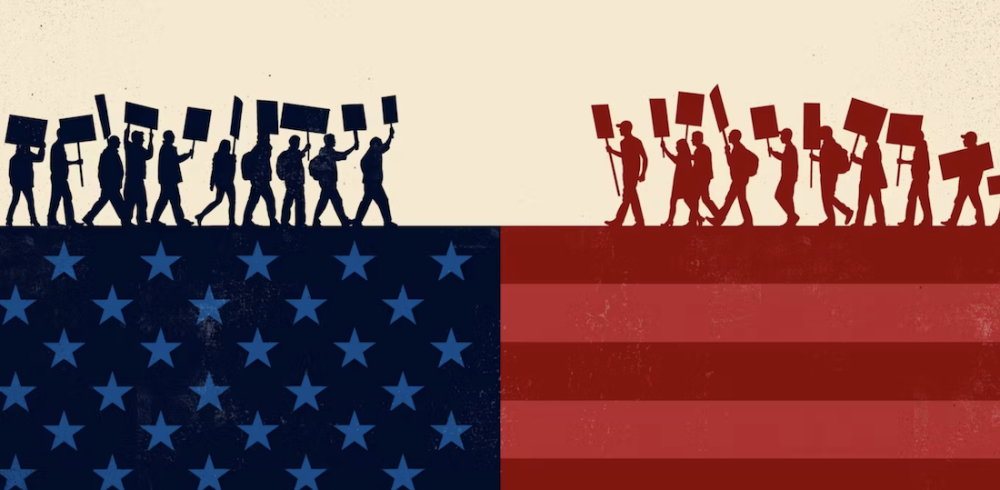
The assassination of Charlie Kirk at a university forum exposes the profound contradictions and costs of America’s firearm obsession.
New York, N.Y. — The assassination of conservative activist Charlie Kirk on September 11, 2025, at Utah Valley University is a tragedy layered in a paradox, wrapped in a national crisis. Kirk, a vociferous proponent of gun rights, was shot and killed during a discussion on firearm violence.
The grim irony is so profound it risks overshadowing the deeper, more systemic lesson his death imparts: that a nation awash in guns and vitriolic rhetoric cannot feign surprise when the two combine with deadly, predictable consequences. This moment must transcend mere mourning; it must become a catalyst for a long-overdue national reckoning.

The Unsparing Irony of a Pro-Gun Advocate’s Death
Charlie Kirk’s stance on firearms was unambiguous and well-documented. He famously argued that gun deaths were a “prudent price” for the Second Amendment, a necessary cost of freedom.

To be killed by the very instrument he defended so staunchly, in the midst of a debate about its dangers, is a narrative twist of Shakespearean proportions.
It is a painful, personal contradiction that highlights a brutal, collective truth: the violence often dismissed as acceptable collateral damage by pro-gun advocates does not discriminate based on ideology.
It claims its victims indiscriminately, from schoolchildren to politicians, and now, to one of the Second Amendment’s most prominent voices.
This irony should not be a point for glib commentary but a sobering reflection on the universal vulnerability that defines America’s gun violence epidemic.
Permissive Laws and the Illusion of Security
The setting of this tragedy further deepens its instructive value. Utah boasts some of the most permissive gun laws in the U.S., allowing for permitless carry for most adults.

While public colleges like UVU require a permit to carry on campus, this incident exposed the terrifying gaps in such a framework.
The assailant used a high-powered, bolt-action rifle that was reportedly hidden near the campus.
The event, attended by over 3,000 people, lacked metal detectors and had sparse security. This reveals a catastrophic failure of imagination and enforcement.
Laws that are designed to be permissive, even with minor restrictions, are inherently vulnerable to bad actors who operate outside any legal framework.
The notion that “protective” laws alone can inoculate a society from violence is a dangerous fantasy, proven false by a rifle’s report in a Utah lecture hall.
A Disturbing Pattern of American Political Violence
Kirk’s assassination is not an anomaly; it is the latest, horrifying data point in an escalating trend of political violence in the United States.
From the shooting of Democratic legislators at a baseball practice in 2017 to the attempted assassination of Donald Trump in 2024, the country’s political discourse is increasingly punctuated by gunfire.
This event underscores the lethal synergy between polarized rhetoric, which Kirk himself often trafficked in, and easy access to firearms.
As observers have noted, “increasingly divisive rhetoric, fueled by social media echo chambers and easy access to firearms, leads to raw nerves and a heightened potential for bloodshed.”
We have created an ecosystem where political disagreements are not just heated but exist under the constant, shadowy threat of lethal force.

Beyond Condemnation: The Path to Pragmatic Reform
In the wake of the shooting, leaders from across the political spectrum offered condemnations. Utah Governor Spencer Cox lamented that America is “broken.”

But condemnation without action is merely sentiment. True honor for the victims of gun violence—from Kirk to the children of Uvalde—will come not through words, but through the courage to change America’s gun laws once and for all.
This does not necessitate the abolition of the Second Amendment, but rather a embrace of pragmatic, balanced reforms that respect rights while prioritizing lives.
Such a approach could include implementing universal background checks to close dangerous loopholes, enacting red flag laws to temporarily disarm individuals deemed a threat by judicial review, and reinstating a federal ban on assault weapons and high-capacity magazines designed for maximum carnage.
A Requiem for Reflection and Resolve
Charlie Kirk’s death is a national tragedy. It is also a stark, undeniable lesson. He believed in the primacy of the Second Amendment, even at a “prudent price.” His murder is the ultimate, most devastating cost. It proves that in a nation with more guns than people, no one is truly safe—not in a church, not in a school, not at a supermarket, and not on a university stage.
To fix what is broken, as Governor Cox stated, requires moving beyond partisan divides. It demands a collective commitment to fostering a more respectful public discourse and building a legal framework that values human life above absolute, unfettered access to weaponry. The time for thoughts and prayers is over. The time for reflection has passed. The time for action is now.
Summary
The assassination of Charlie Kirk at a Utah university is a tragic irony that exposes America’s gun violence crisis. This piece argues his death by a firearm during a debate on gun control highlights the failure of permissive laws and demands pragmatic reforms to balance rights with public safety, moving beyond partisan rhetoric to meaningful action.